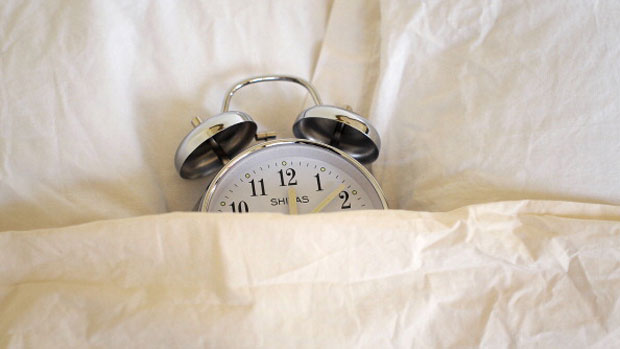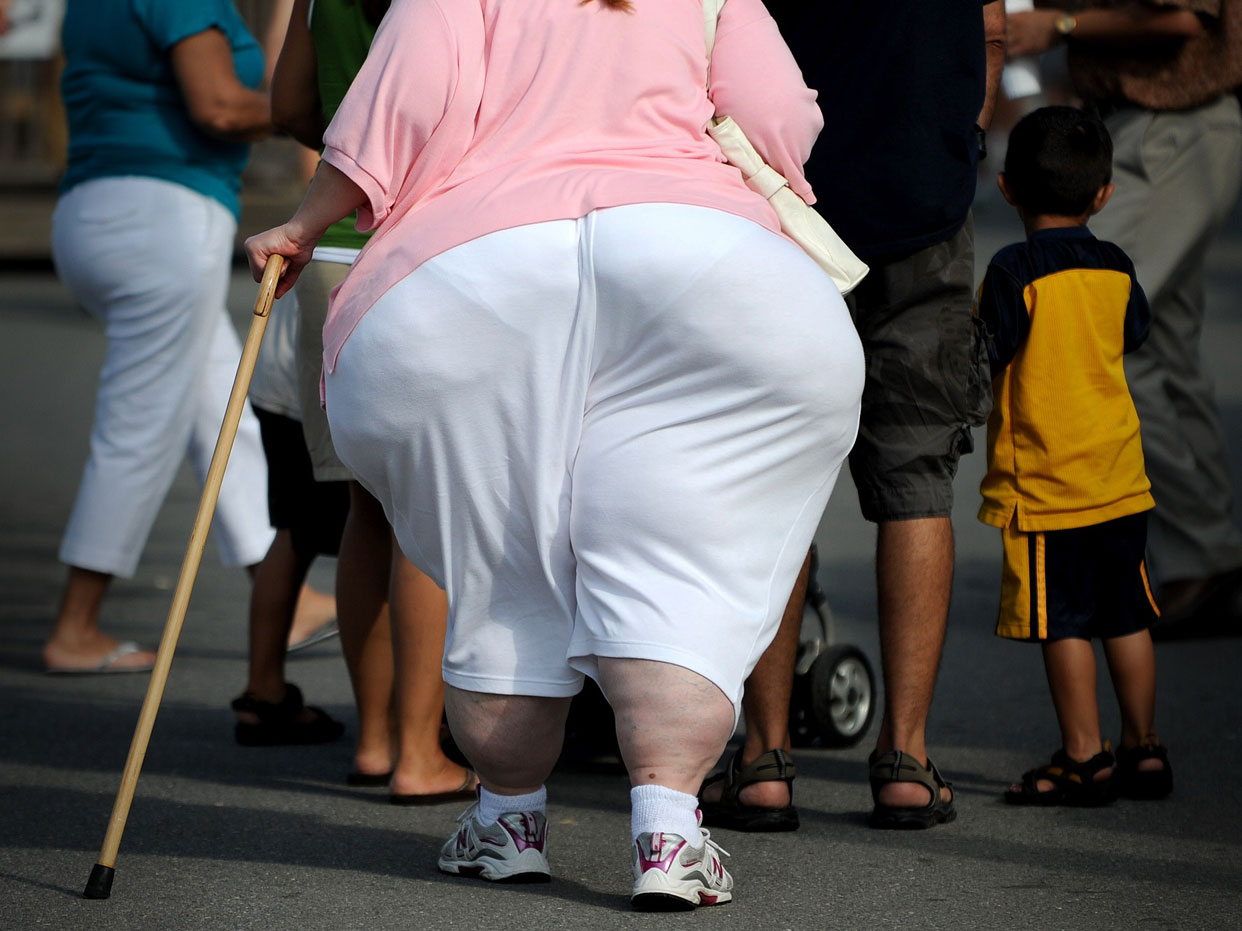Is hitting the snooze button damaging your health?
Snoozing may bring short-term pleasure, but it could be doing you long-term harm

A free daily email with the biggest news stories of the day – and the best features from TheWeek.com
You are now subscribed
Your newsletter sign-up was successful
HITTING 'snooze' on an alarm clock could contribute to weight gain, diabetes and heart disease, a sleep scientist from the University of Pennsylvania has said.
Dr David Dinges, head of the sleep and chronobiology division in the university's department of psychiatry, told the BBC that people should not be tempted to hit snooze when they wake up.
"The reason for that is that many of us are waking prematurely by alarm clock," he said. "We are chronically partially sleep-depriving ourselves."
The Week
Escape your echo chamber. Get the facts behind the news, plus analysis from multiple perspectives.

Sign up for The Week's Free Newsletters
From our morning news briefing to a weekly Good News Newsletter, get the best of The Week delivered directly to your inbox.
From our morning news briefing to a weekly Good News Newsletter, get the best of The Week delivered directly to your inbox.
Dinges says that sleep deprivation is common in adults. "Large sections of the population are engaged in the use of an alarm clock for what is really a biologically premature awakening," he said. "When we use the snooze button we are in effect constantly disrupting the final ten, 20, or 30 minutes of sleep as opposed to just setting your clock another half hour later."
Over time lack of sleep can have negative health effects, Dinges says. They include diminished concentration, weight gain, and other serious illnesses.
"In studies in our lab, we've seen sleep restriction lead to weight gain. Other studies have shown a connection between reduced sleep time and morbidity illness such as diabetes and heart disease," Dinges revealed.
Most experts agree that seven to eight hours of sleep per night is optimal for adults, but the Wall Street Journal notes that according to Dinges's study many adults commonly sleep less than this.
A free daily email with the biggest news stories of the day – and the best features from TheWeek.com
According to data collated from 136,000 people between 2003 to 2012, people felt best when they awoke naturally, but snoozing was alse seen as a pleasurable experience. "It feels like a blissful dream state because the closer you get to wakening, the more rapid-eye movement and dreams occur," Dinges explained. However snoozing does not add to people's total sleep quota, it simply prolongs the act of waking up, he said.
Though it may be difficult to adjust, Dinges recommends that rather than snoozing, people should go to bed earlier, and set their alarm for the time they actually need to get up. "The short answer is that it is better to get the extra sleep," he said. "Give yourself that extra ten minutes and then force yourself out of bed."
-
 How the FCC’s ‘equal time’ rule works
How the FCC’s ‘equal time’ rule worksIn the Spotlight The law is at the heart of the Colbert-CBS conflict
-
 What is the endgame in the DHS shutdown?
What is the endgame in the DHS shutdown?Today’s Big Question Democrats want to rein in ICE’s immigration crackdown
-
 ‘Poor time management isn’t just an inconvenience’
‘Poor time management isn’t just an inconvenience’Instant Opinion Opinion, comment and editorials of the day
-
 Tirzepatide and the other ‘breakthrough’ obesity drugs
Tirzepatide and the other ‘breakthrough’ obesity drugsfeature Huge demand for weight-loss medication means prices have soared
-
 Home Office worker accused of spiking mistress’s drink with abortion drug
Home Office worker accused of spiking mistress’s drink with abortion drugSpeed Read Darren Burke had failed to convince his girlfriend to terminate pregnancy
-
 In hock to Moscow: exploring Germany’s woeful energy policy
In hock to Moscow: exploring Germany’s woeful energy policySpeed Read Don’t expect Berlin to wean itself off Russian gas any time soon
-
 Were Covid restrictions dropped too soon?
Were Covid restrictions dropped too soon?Speed Read ‘Living with Covid’ is already proving problematic – just look at the travel chaos this week
-
 Inclusive Britain: a new strategy for tackling racism in the UK
Inclusive Britain: a new strategy for tackling racism in the UKSpeed Read Government has revealed action plan setting out 74 steps that ministers will take
-
 Sandy Hook families vs. Remington: a small victory over the gunmakers
Sandy Hook families vs. Remington: a small victory over the gunmakersSpeed Read Last week the families settled a lawsuit for $73m against the manufacturer
-
 Farmers vs. walkers: the battle over ‘Britain’s green and pleasant land’
Farmers vs. walkers: the battle over ‘Britain’s green and pleasant land’Speed Read Updated Countryside Code tells farmers: ‘be nice, say hello, share the space’
-
 Motherhood: why are we putting it off?
Motherhood: why are we putting it off?Speed Read Stats show around 50% of women in England and Wales now don’t have children by 30